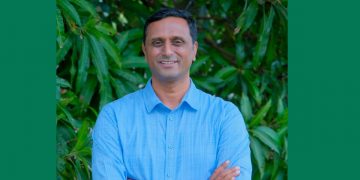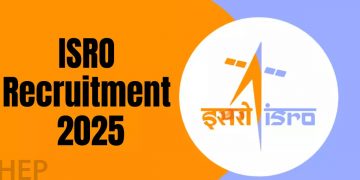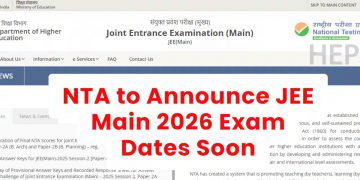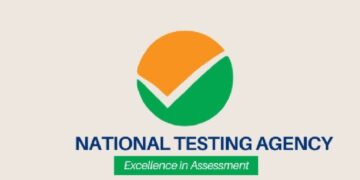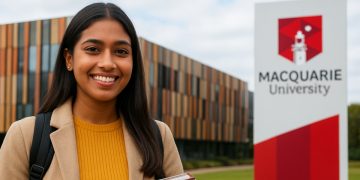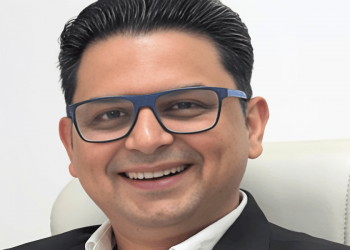How does a liberal arts education influence students’ ability to connect theory with real-world practices?
Liberal education recognises that theory and practice are inseparable; each plays on the other. At Vidyashilp University, students are encouraged to see ideas not as abstractions but as living frameworks that explain and shape the world. Classrooms are connected to fieldwork, civic spaces, and digital environments where students test ideas, gather insights, and revisit assumptions. Whether through a design studio, an ethnographic study, or an environmental project, they learn that ideas illuminate complex social realities. It is this rhythm of reflection and engagement that turns knowledge into discernment.
What role does interdisciplinary learning play in shaping leadership and decision-making among liberal arts graduates?
Interdisciplinary learning nurtures a habit of grasping the interconnections—a critical trait of leadership. Reality rarely fits into neat disciplinary boundaries, and leadership today requires the ability to navigate that complexity. At Vidyashilp University, interdisciplinary clusters encourage students to connect sociology with data science, economics with design, or literature with technology, revealing how knowledge converges in action. Such education refines both perspective and empathy—helping students make decisions that are informed, inclusive, and humane. Leadership, in this sense, is not just about attaining outcomes but about understanding context and consequence.
Do liberal arts programs lead to stronger communication and analytical abilities compared to traditional single-discipline degrees?
They do, because liberal education cultivates the capacity to think deeply and cultivate powers of clear articulation. Students learn to move fluidly between analysis and articulation—to build arguments rooted in evidence and convey them clearly. At Vidyashilp University, writing-intensive courses, research colloquia, and public dialogues are woven into the academic fabric, ensuring that communication is not treated as a skill but as a way of thinking. Analytical ability here extends beyond numbers or logic; it includes pattern recognition, synthesis, and the courage to question first principles. Together, these habits of mind enable graduates to engage critically with the world.
How do employers perceive graduates from liberal arts programs in terms of adaptability and workplace readiness?
Employers today seek individuals who can adapt, collaborate, and lead in fluid, multidisciplinary settings. Graduates of liberal education are often distinguished by their ability to learn continuously and to translate understanding into action. They are equally at ease in data-driven environments and in conversations about culture, policy, or ethics. At Vidyashilp University, we hear consistently from industry partners that our students bring curiosity, clarity, and composure to fast-changing professional contexts. Their readiness lies not in a fixed skillset but in the cultivated ability to think, connect, and respond with perspective—qualities that will remain relevant, whatever the future brings.

